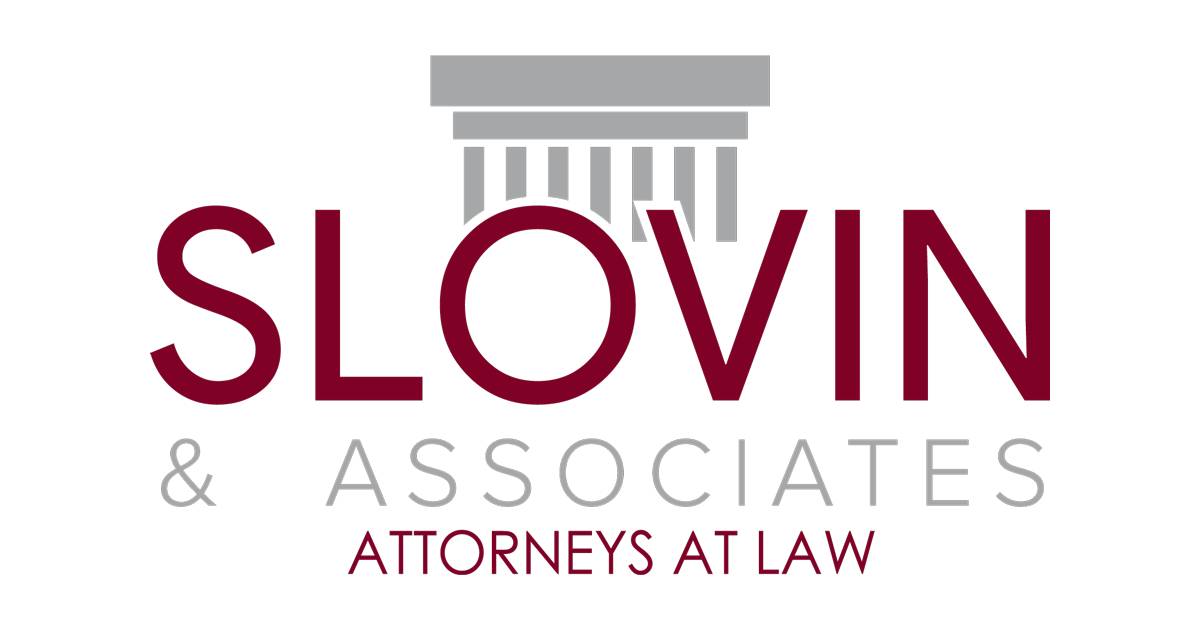Several of the actions prohibited by the Fair Dept Collection Practices Act (FDCPA) use vague language that is not defined by the Act. Recently, debtors have attempted to use the language as an enforcement mechanism for procedural violations of unrelated statutes to collect statutory damages and attorney’s fees otherwise not permitted. The United States District Court for the Eastern District of Kentucky recently dismissed such an attempt.
In Currier v. First Resolution Inv. Corp., First Resolution obtained a default judgment against Currier on October 1, 2012, which Currier moved to vacate on October 5. First Resolution sought a judgment lien on Currier’s real property two days later. The request for a judgment lien was improper as KRS § 426.030 requires judgment creditors to wait ten days after a judgment before seeking a judgment lien and KRS § 426.720 only permits judgment liens on final judgments. Subsequently, Currier’s motion to vacate the default judgment was granted and she filed an action against First Resolution alleging that the improper seeking of the judgment lien under Kentucky law violated three sections of the FDCPA.
Currier first alleged that First Resolutions seeking of a judgment lien was an unfair and unconscionable act prohibited by 15 USC 1692f of the FDCPA. There is no definition in the statute of what is unfair and unconscionable, though the statute does provide a non-exclusive list of examples. Currier posited that as the act was not permitted by law it should be considered unfair and unconscionable. The court sided with similar rulings in other circuits finding that while ambiguous, the statute gives no hint that it may be used as an enforcement mechanism for other state or federal laws and therefore an act prohibited by a separate statute is not unfair and unconscionable per se. The court did indicate that conduct prohibited by other statutes may be actionable under § 1692f if it is unfair and unconscionable independent of the statute.
Currier’s second argument alleged a violation of § 1692f(1) which forbids “the collection of any amount … unless such amount is expressly authorized by the agreement creating the debt or permitted by law.” Currier argued that the filing of a judgment lien not permitted by law violated the wording of the statute. The court disagreed, finding that the section prohibits the collection of unauthorized amounts rather than unauthorized methods. As the amount First Resolution attempted to collect in placing the lien was authorized by the FDCPA, the improper placing of the lien did not violate the statute.
Currier’s final argument alleges that First Resolution violated § 1692e(5) which prohibits the “threat of any action that cannot be legally taken or that is not intended to be taken.” Currier argued that as the judgment lien could not legally be placed against her at the time First Resolution filed for it, First Resolution made a threat of an action that could not legally be taken upon sending her notice. The FDCPA does not define “threat” and the courts have had varying interpretations on its application. Some courts have found that there can be no threat if the action is actually taken. This court followed a line of cases indicating that a threat and action are not necessarily mutually exclusive. A threat under the FDCPA however, was found to be a threat to take an action to induce payment of a debt. Merely providing notice as required when actually taking the action however, does not qualify as a threat for FDCPA purposes.
The court in Currier, found that while First Resolution’s filing of a judgment lien prior to the time permitted by statute was likely improper, it was not a violation of the FDCPA. The FDCPA was not available for enforcement of other statutes and did not apply to First Resolution’s actions. While a collector’s actions could violate the FDCPA and a separate statute, it would need to be found to violate both individually.
The Full Text of the Opinion May Be Found at:
Many thanks to William Abbey for his contributions to this article. William is a law clerk with Slovin & Associates Co., L.P.A. and student at the University of Cincinnati College of Law.



